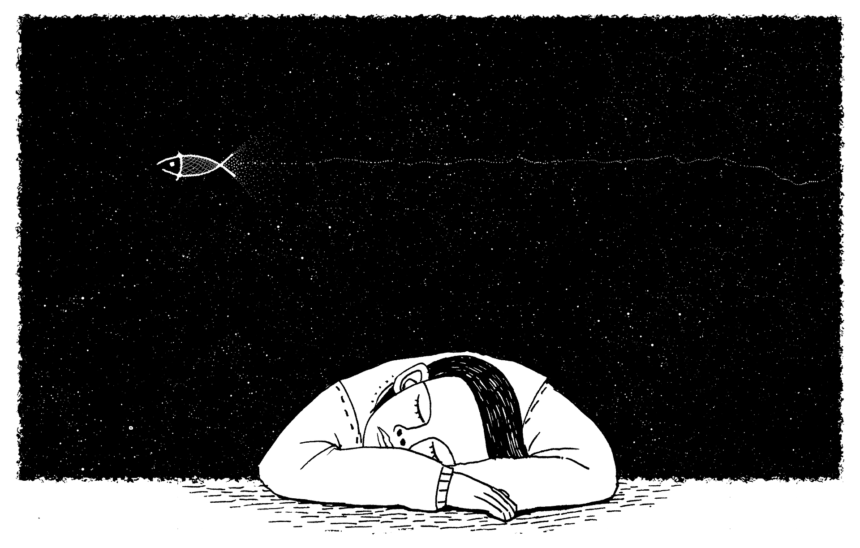Image by 愚木混株 Cdd20 from Pixabay
Sleep is an essential part of human life, accounting for around one-third of our lifespan. It is a complex physiological process that plays a significant role in maintaining our overall health and well-being. This article aims to delve into the intricacies of sleep and unravel the mysteries of what happens to our bodies during this vital period of rest and rejuvenation.
The Importance of Sleep
Sleep is a fundamental necessity of life, with its importance extending far beyond merely banishing under-eye circles. It plays a pivotal role in various bodily functions, from the health of our heart to our ability to learn. Lack of sleep over time can lead to chronic health problems and can impact how well we think, react, work, learn, and interact with others.
The Sleep-Wake Cycle
The sleep-wake cycle is a 24-hour rhythm that regulates our periods of sleepiness and wakefulness. It is controlled by two key processes: the circadian rhythm and sleep drive. The circadian rhythm, controlled by a biological clock in the brain, responds to light cues, ramping up production of the sleep-inducing hormone melatonin at night and switching it off when it senses light. The sleep drive, on the other hand, builds throughout the day, creating a desire for sleep that culminates in sleepiness at night.
The Stages of Sleep
Sleep is not a uniform state of being but rather cycles through various stages. These stages include non-REM (Rapid Eye Movement) sleep, which comprises of three stages, and REM sleep.
1. Stage 1 non-REM sleep: This is the transition phase from wakefulness to sleep, often characterized by slow eye movements and decreased brain wave activity.
- Stage 2 non-REM sleep: This is a period of light sleep before you enter deep sleep. During this stage, the body temperature drops, muscles relax further, and the heart rate slows down.
- Stage 3 non-REM sleep: This is the deep sleep stage. It is during this stage that the body undergoes restorative processes, repairing cells, restoring energy, and releasing growth hormones.
- REM sleep: This is the stage associated with intense dreaming as the brain becomes more active, the eyes dart rapidly behind the eyelids, and the heart rate and blood pressure increase.
Cardiovascular System During Sleep
Sleep has a significant impact on the cardiovascular system. During non-REM sleep, the heart rate and blood pressure gradually decrease, giving the heart and blood vessels a chance to rest and recover. REM sleep, however, sees a rise in heart rate and blood pressure. Chronic sleep deprivation can lead to a higher risk of heart disease, high blood pressure, and stroke.
Hormonal Activity While Asleep
Various hormones that regulate the body’s functions are released and suppressed during sleep. For instance, the production of the growth hormone increases during sleep, aiding in the repair and growth of cells. The stress hormone, cortisol, decreases during the initial phase of sleep, but levels rise again towards the morning.
The Role of Sleep in Metabolism
Sleep plays a crucial role in the body’s metabolic processes. It affects how our bodies handle fat, with studies showing that the liver’s ability to process fat is linked to our sleep patterns. Disruptions in these patterns, such as eating at unusual times, can result in metabolic disorders like obesity and type 2 diabetes.
Respiratory and Immune Systems
Sleep affects the respiratory and immune systems. During sleep, breathing rates decrease, and immune activity increases, helping the body fight off infections. Chronic sleep deprivation can compromise the immune system, making the body more susceptible to illness.
Sleep and the Brain
Sleep is critical for maintaining optimal brain function. During sleep, the brain consolidates memories and removes waste products from brain cells. This process is less efficient when the brain is awake. Lack of sufficient sleep can lead to problems with memory, concentration, and cognitive abilities.
Sleep and Emotional Health
Sleep is closely tied to our emotional health. Brain activity increases during REM sleep in areas that regulate emotion, supporting healthy brain function and emotional stability. Lack of sleep or poor-quality sleep can lead to mood swings, anxiety, and depression.
Sleep and Weight Regulation
Sleep has a significant impact on weight regulation. It affects the balance of hormones that control hunger and satiety. Insufficient sleep can disrupt this balance, leading to increased hunger and potential weight gain.
Sleep and Cellular Restoration
The restorative theory of sleep posits that the body needs sleep to restore itself. During sleep, cells repair and regrow, contributing to overall health and well-being.
Memory Consolidation and Sleep
Sleep plays a critical role in memory consolidation. The brain processes and stores new information obtained during the day while we sleep. This process helps in the formation of long-term memories and learning.


